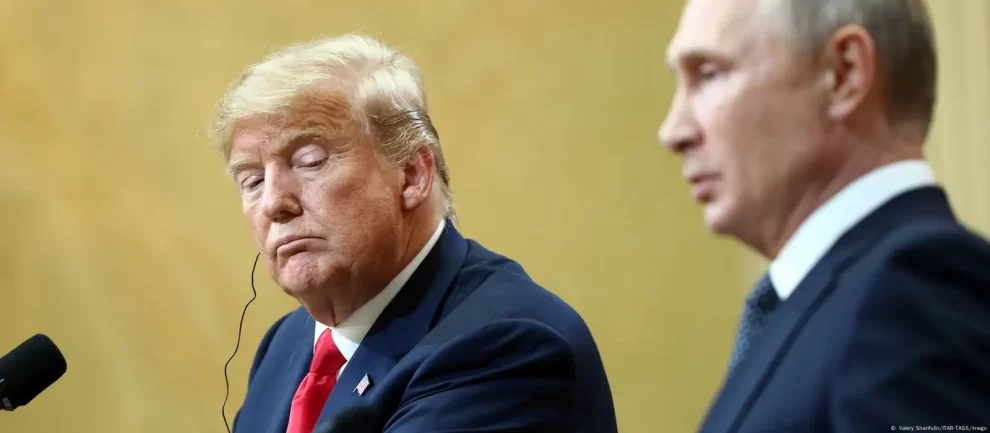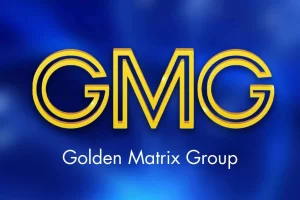DW: We are speaking one week after Donald Trump won the US presidential election. During his campaign, Trump often said Russia would not have attacked Ukraine, had he been president in 2022. Does he have a point? What would Trump have done differently to prevent Russia from attacking?
H.R. McMaster: We’ll never know for sure. But I think it’s possible that [Russian President Vladimir] Putin would not have invaded Ukraine. Because Trump, if anything, he’s kind of unpredictable.
In your book “At War with Ourselves” you describe how you advised President Trump to negotiate from a position of strength. Should Ukraine negotiate with Russia now?
No, I don’t think so. I think what should happen — and I think this is a long shot that this would happen — is to provide Ukraine with the full range of capabilities that they need, but also in sufficient capacity. The Russians took more casualties in the last month than they had during any month of the war. I don’t think that’s sustainable. This is one of the reasons why they have North Korean troops there.
So, now is the time to give Ukraine the capabilities they need. Because they’re under physical duress with the sustained Russian offensive in the east in particular, and now maybe in the Kharkiv region as well. But also they’re under psychological duress because President[-elect] Trump and others who are coming into his administration have raised doubts about their willingness to sustain support for Ukraine.
Ukrainian President Volodymyr Zelenskyy presented its own “plan of victory” shortly before the election, including to Trump. And one of the points on that plan is: “Give us the green light to use American, British or French cruise missiles to hit deep inside Russia, like 300 miles [about 480 kilometers].” Would you advise Trump to do that?
I would advise him to do it against military targets.
But what will Trump say? You know him well.
I think he’d probably say “no” at this point. It seems like President[-elect] Trump and some of those people around him are still laboring under the delusion that Putin can somehow be conciliated and that there can somehow be some kind of an entente with him. The only thing that stops Putin is strength.
The key question for Ukraine and its partners is: Will Trump try to force Ukraine to negotiate with Russia now on unfavorable terms like giving up land? Or, will he stop sending military aid to Ukraine — which is the key question?
My hope is that he won’t do either one of those. I’m worried — as I’m sure many are in the US and Europe — that he will do that. We’ve heard this kind of idea that he’ll entice Russia into negotiations by threatening to provide Ukraine with the full range of capabilities they need and at a much larger scale. And then he’ll coerce Ukraine to the negotiating table by threatening to withhold assistance. And, of course, what this does is misunderstand the nature of war. There is not a single example in history that I can think of, of a favorable diplomatic settlement that came out of an unfavorable situation on the ground militarily.
There are people in the US and also in Europe who say Russia can’t be beaten, so Ukraine cannot win. Russia is too big and too strong, they say. Do you disagree?
Russia is profoundly weak. It doesn’t mean they don’t have elements of strength, right? Putin can still rattle the nuclear saber. He still has some cyber capabilities. He has some long-range strike capabilities and so forth. But think about how fragile that regime is. Why isn’t Putin going through a second round of mobilization? Because the Russian people won’t stand for it. Why is he bringing in North Koreans? Because he has a real manpower problem. Think about the Wagner attack on Moscow [the short-lived coup against Russian authorities in southeastern Russia in June 2023 — Editor’s note].
And so, I think that we take counsel of our fears. And Putin is a bully, a street thug and a coward, I believe all wrapped up into one. When he meets stiff resistance from Europe and the US, he’ll back off. Germany’s going through a difficult transitional period politically, but I think we need Europeans to step up like the Poles and the Baltic states have stood up.
Vice President-elect JD Vance was speaking at the Munich Security Conference in February, and he said, “Yes, we support Ukraine, but we don’t have enough weapons in the US.” Does he have a point?
He has a point, that that is a risk that you take to provide these capabilities. If Ukraine stops Russia, that means maybe we’ll have the time that we can to increase that defense industrial base, bolster our defenses across the free world and NATO in particular, and prevent World War III. I think that’s what is at stake right now: World War III. Because it’s not just Russia, it’s this axis of aggressors. You could also think about Russia’s war against Ukraine as China’s proxy war against the West using Russia.
So, what is Trump’s plan for Ukraine?
With him it’s really important to frame everything in context of US interests. And that’s what I hope some of the advisers around him can do, people like Marco Rubio, who is the nominee for the secretary of state, who was an internationalist, right? He’s not an isolationist. Congressman [Michael] Waltz, who’s going to be the national security adviser, who understands defense issues and national security issues very well. I hope that these are people who will help President[-elect] Trump understand that sustained support for Ukraine is in American interest.
H.R. McMaster is a retired lieutenant general of the US Army. From February 2017 to April 2018, he was national security adviser to President Donald Trump. He is a senior fellow at Stanford University. His Book “At War with Ourselves: My Tour of Duty at the Trump White House” was published in August 2024.
































